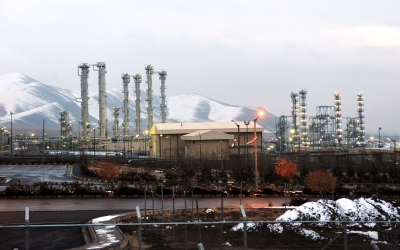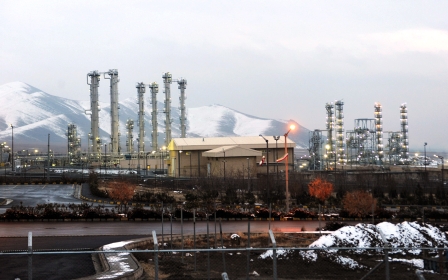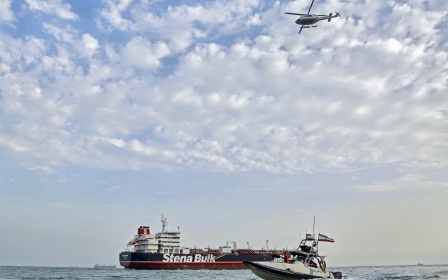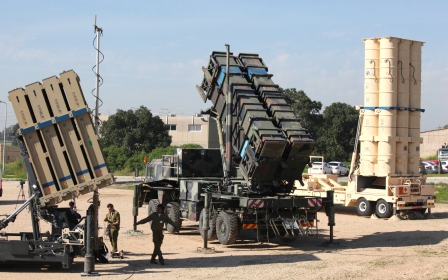Iran says Vienna meeting with parties to nuclear deal is ‘constructive’

An emergency meeting with parties to Iran's 2015 nuclear deal was constructive, but there are unresolved issues and Tehran will continue to reduce its nuclear commitments if Europeans fail to salvage the pact, Iranian official Abbas Araqchi said on Sunday.
"The atmosphere was constructive. Discussions were good. I cannot say that we resolved everything, I can say there are lots of commitments," Araqchi, the senior Iranian nuclear negotiator, told reporters after the meeting in Vienna.
Parties to the agreement - Britain, Germany and France plus Russia and China - met Iranian officials for talks called in response to an escalation in tensions between Iran and the West that included confrontations at sea and Tehran's breaches of the nuclear accord.
"As we have said, we will continue to reduce our commitments to the deal until Europeans secure Iran's interests under the deal," Araqchi said, Reuters reported.
Fu Cong, director general of the Department of Arms Control of the Chinese Foreign Ministry, who led the Chinese delegation, said: "All sides have expressed their commitment to safeguard the JCPOA (nuclear deal) and to continue to implement the JCPOA in a balanced manner.
"All sides have expressed their strong opposition against the US unilateral imposition of sanctions."
Still, earlier on Sunday, Iran said it will resume activity at a nuclear facility that has been shuttered since Tehran agreed the now faltering nuclear agreement with world powers.
Iranian news agency ISNA reported that the head of Iran's Atomic Energy Organisation, Ali Akbar Salehi, said the Arak heavy water nuclear reactor will restart its activities, following up on a pledge made by President Hassan Rouhani in reaction to the US sanctions.
Iran has threatened to progressively increase the levels of uranium enrichment until the European Union takes measures to protect it from the sanctions imposed by US President Donald Trump.
The parties have been trying to salvage the pact since the United States withdrew from it in May 2018 and re-imposed and toughened sanctions on Iran, crippling an already weak economy.
Since late April, when the Trump administration ended waivers on eight countries that allowed them to continue to buy Iranian oil, Tehran’s exports have dropped to about 300,000 barrels a day from more than a million previously. Its economy has shrunk by 6 percent, and its currency has lost 60 percent of its value over the past year, according to CNBC.
The Europeans say further breaches of the agreement by Iran would escalate confrontation at a time when Tehran and Washington are at risk of a miscalculation that could lead to war.
However, their efforts to protect trade with Iran against the US sanctions have yielded nothing concrete so far. Iran has said it will withdraw from the pact unless the Europeans find ways to shield its economy from the US sanctions.
"All our steps taken so far are reversible if other parties to the deal fulfil their commitments," an Iranian diplomat told Reuters ahead of the meeting.
The chair of the meeting, Secretary General of the European External Action Service Helga Schmid, suggested in a statement that a stalemate still prevailed, saying only that "participants reaffirmed their continued commitment to preserving the JCPOA”, AFP reported.
Middle East Eye propose une couverture et une analyse indépendantes et incomparables du Moyen-Orient, de l’Afrique du Nord et d’autres régions du monde. Pour en savoir plus sur la reprise de ce contenu et les frais qui s’appliquent, veuillez remplir ce formulaire [en anglais]. Pour en savoir plus sur MEE, cliquez ici [en anglais].






